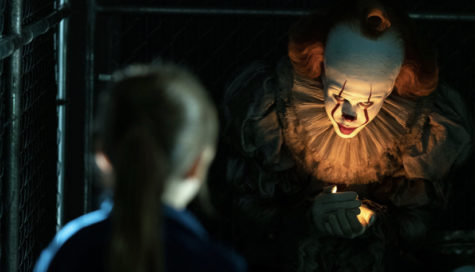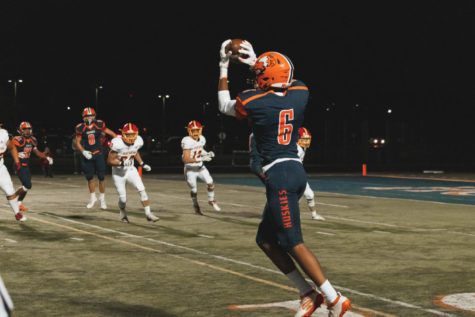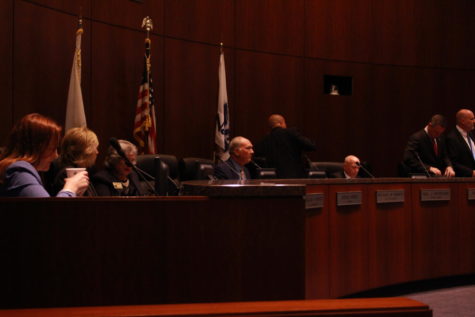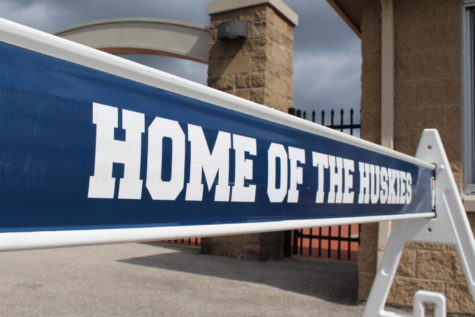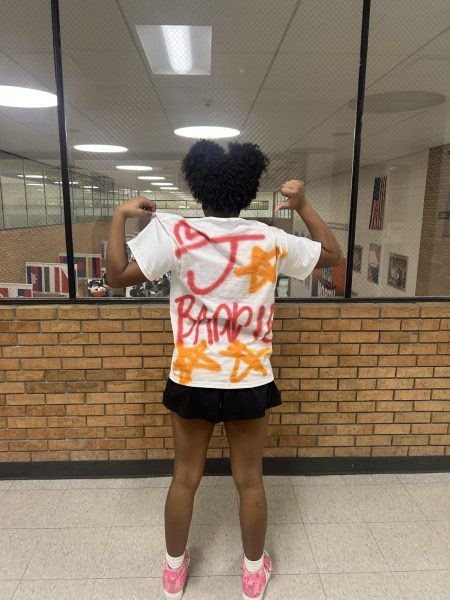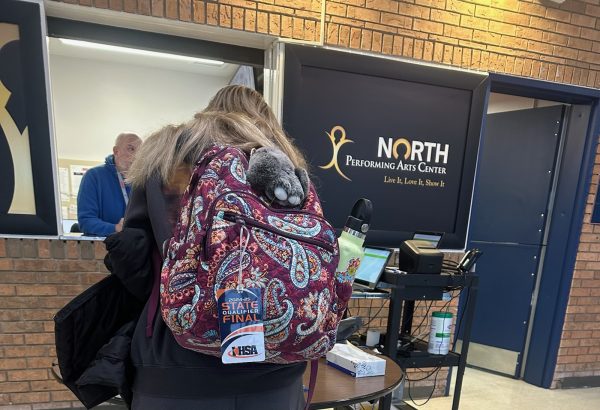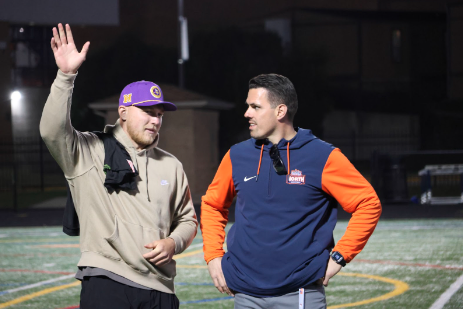Urban Outfitters shops for redemption
By Staff Writers Sasha Keenan and Jess Tamburo
For a greater part of the twenty-first century, a $49 Urban Renewal Flannel loosely draped over a seemingly vintage 1990 Rolling Stones tank has connoted “edgy.” By bringing back old trends, this so-called “hipster” culture advocates a need to contravene the social norm.
Urban Outfitters, a retail store popular amongst teens and young adults, has “an amazing knack for putting its hipster-shod foot into its mouth,” according to “The New York Times.”
According to “The Daily Beast,” Urban Outfitters has recently put its efforts into being retail pioneers instead of being morally decent.
The company has been marketing shirts such as a grey V-neck with the words “eat less” printed on it, a black and white, belly-baring top glamorously adorned with the word “depression” and a Kent State sweatshirt that appears to be splattered with blood (alluding to the school shooting in 1970.)
“[The sweatshirt] made [Urban Outfitters] look uninformed and insensitive, which will cause people to think twice about going there,” Naperville North Marketing teacher Joyce Kafer said.
All shirts have been removed from the online store, but some still remain in retail locations.
These products are aimed at a younger crowd. NNHS freshman Sara McCartney reveals how young girls’ actions can easily be swayed by two words printed on a discolored cotton tee.
“It makes me have less respect for the store because shirts like the ‘eat less’ ones make girls feel like they shouldn’t eat as much, and since the girls love to shop there and love the style, they might follow what the shirts are saying,” McCartney said. “ I think they could recover from this, but they won’t have the same customers.”
Reactions like these are crucial in identifying how Urban Outfitters’ target market may be impacted by its retail decisions.
After realizing the consequences of the recent release of the Kent State sweatshirt, Urban Outfitters issued an apology to all affected by their actions.
“We, as a company who caters to a college-age demographic, have a responsibility to uphold to our customers. Given our history of controversial issues, we understand how our sincerity may be questioned,” Urban Outfitters said according to “Time Inc.” “We can only prove our commitment to improving our product-screening process through our actions and by holding ourselves accountable. Again, we sincerely apologize for this unfortunate misunderstanding and are dedicated to perfecting our internal processes to help avoid these issues in the future.”
According to Kafer, the public apology is one way Urban Outfitters can regain customers after a situation like this.
“Companies are like people, they have a persona,” Kafer said. “If you say you are sorry and you mean it, that’s always a good choice.”
When The North Star asked directly for comment, Urban Outfitters declined.


